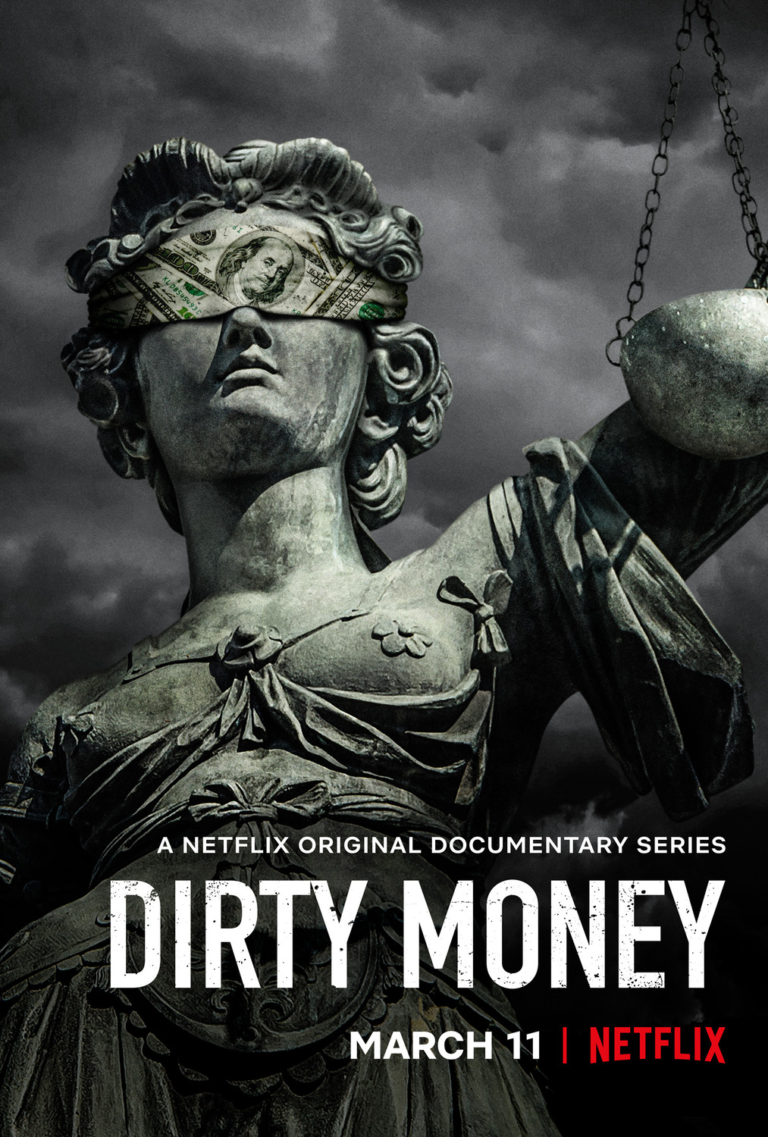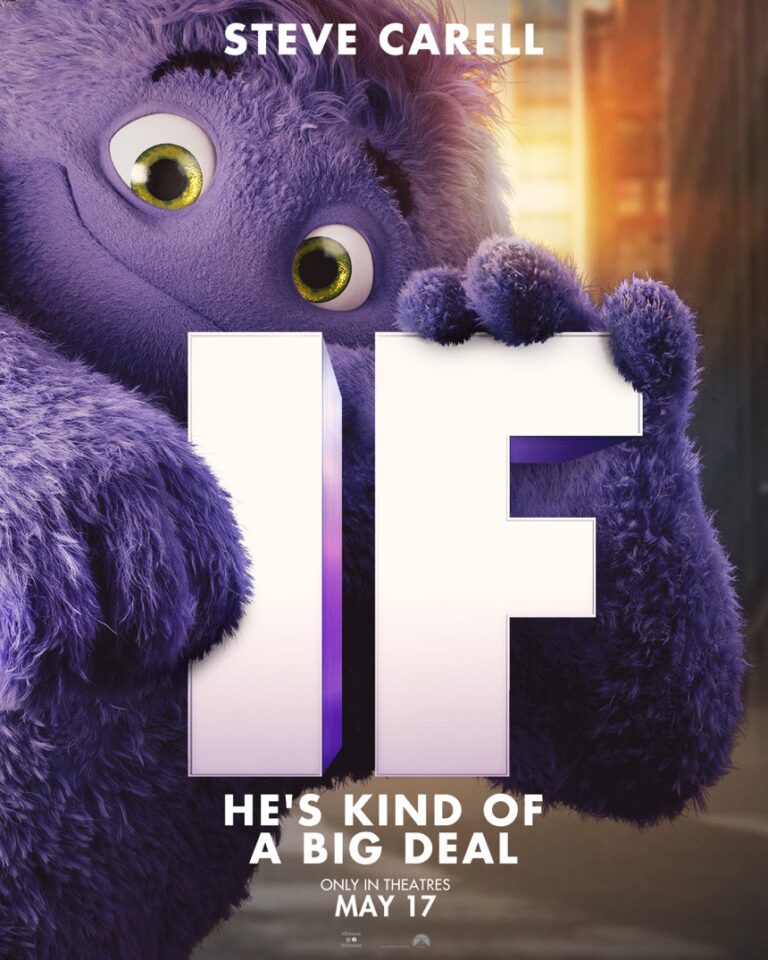Made For Love Christian Review

When you first hear about a show like Made for Love, it’s easy to dismiss it as just another dark comedy playing with dystopian themes. Surveillance? Check. Dysfunctional relationships? Check. A sharp jab at tech moguls and capitalism? Double check. But what makes this HBO Max series so absorbing is how it weaves these familiar elements into a tapestry that is somehow equal parts hilarious, unsettling, and thought-provoking. Watching it as a Christian is an exercise in discernment—peeling back layers of satire and absurdity to uncover something deeper, something human.
Where Love Meets Control
At the heart of Made for Love is a premise that sounds equal parts absurd and chilling: Hazel Green (played with magnetic charm by Cristin Milioti) discovers that her tech-billionaire husband, Byron Gogol (Billy Magnussen), has implanted a chip in her brain. This device allows him to monitor her every thought, emotion, and movement, all under the guise of bringing them closer together. What Byron sees as a gesture of love is, of course, nothing of the sort—it’s a form of control, wrapped in the shiny packaging of innovation.
The show wastes no time plunging us into the uncomfortable reality of their relationship, where love is less about partnership and more about possession. Watching this dynamic unfold, I couldn’t help but think about how often our modern world blurs those lines. Love, by its very nature, requires freedom. 1 Corinthians 13 reminds us that love “does not insist on its own way.” Byron’s brand of “love” is the opposite—smothering, obsessive, and rooted in his own insecurities.
For Christians, this setup raises critical questions. How often do we confuse control with care? In our relationships, are we seeking to serve others or to mold them into what we think they should be? Byron’s actions may be exaggerated for dramatic effect, but they reflect a deeper truth about the human tendency to grasp for control when we feel vulnerable.
Laughing Through the Dystopia
If this all sounds heavy, don’t worry—Made for Love knows how to keep things light, even as it delves into the darker corners of its themes. The humor here is sharp and dry, almost brittle, but it works. Whether it’s a tongue-in-cheek jab at the absurdities of tech culture or a moment of surreal, laugh-out-loud comedy, the show never lets its heavier themes weigh it down completely.
One moment that stuck with me is when Hazel walks past graffiti reading, “Every morning, I wake up on the wrong side of capitalism.” It’s a blink-and-you’ll-miss-it detail, but it captures the essence of the show’s critique of modern life. The world of Made for Love isn’t some distant dystopia—it’s an exaggerated reflection of the one we’re living in. Tech moguls with fragile egos? Check. Relationships mediated by technology? Double check. The pervasive sense that progress doesn’t always equal betterment? Triple check.
As a Christian, I found myself laughing and wincing at the same time. The humor is disarming, but it also forces you to confront uncomfortable truths about the world we’ve created. Are we really that far removed from a society where love and relationships are commodified, where technology mediates our most intimate connections?
The Human Cost of Innovation
At its core, Made for Love is a story about the tension between human connection and technological progress. Byron’s surveillance chip is the ultimate symbol of this conflict. It promises intimacy but delivers isolation. Hazel is trapped, not just physically but emotionally—cut off from her own thoughts and feelings.
This tension resonates deeply in our hyperconnected world. Social media, smartphones, and smart devices have brought us closer together in many ways, but they’ve also created new forms of isolation. For all our advancements, we’re still grappling with the same fundamental questions: What does it mean to truly know someone? How do we balance innovation with morality?
From a Christian perspective, these questions are critical. Hebrews 10:24-25 emphasizes the importance of genuine community, urging believers to “spur one another on toward love and good deeds” and not give up meeting together. Hazel’s journey is a reminder that technology, no matter how advanced, can never replace the depth of authentic, face-to-face relationships.
Hazel’s Journey: A Glimpse of Redemption
Hazel is the heart of the series, and Cristin Milioti brings a raw vulnerability to the role that makes her both relatable and compelling. As she fights to reclaim her freedom and identity, we see a woman slowly rediscovering her own strength. It’s a messy, nonlinear process—one filled with setbacks, moments of doubt, and flashes of resilience.
In many ways, Hazel’s story mirrors the Christian journey of redemption. Breaking free from Byron’s control is not unlike breaking free from the chains of sin. John 8:36 reminds us that “if the Son sets you free, you will be free indeed.” Hazel’s journey is far from a tidy allegory, but it does reflect the universal longing for liberation—for the freedom to be fully known and fully loved, without strings attached.
Byron, on the other hand, is a fascinating study in contrasts. Billy Magnussen plays him with a mix of charm and menace, making it clear that his obsession with control is rooted in deep insecurity. Byron isn’t a cartoon villain; he’s a man so consumed by his own fears and ambitions that he’s lost sight of what it means to truly love. His character serves as a cautionary tale about the dangers of unchecked ambition and the idolization of technology.
Faith, Satire, and Discernment
Watching Made for Love as a Christian is a bit of a tightrope walk. The show is undeniably clever, but it’s also deeply cynical at times. Its humor cuts deep, and its portrayal of humanity is often unflattering. Yet, beneath the satire lies a story that speaks to universal truths about love, freedom, and the human condition.
That said, it’s not a show for everyone. The dark humor, mature themes, and occasional graphic content require discernment. Philippians 4:8 urges believers to think about “whatever is true, noble, right, pure, lovely, admirable,” and while Made for Love contains glimpses of these things, it’s often filtered through a lens of bitterness and absurdity.
For those willing to engage with its complexities, however, the show offers a thought-provoking look at the world we live in—and the world we’re creating. It’s a reminder to approach technology with caution, to prioritize relationships over convenience, and to resist the temptation to play God in our own lives and the lives of others.
A Thought-Provoking Rollercoaster
Made for Love is many things: a satire, a cautionary tale, a darkly funny exploration of the modern condition. It’s not always easy to watch, but it’s worth the effort for those willing to wrestle with its themes.
As a Christian, I found the show both challenging and illuminating. It forced me to confront uncomfortable questions about love, control, and the role of technology in our lives. It made me laugh, but it also made me think—and that’s no small feat.
Rating: 8/10
Not perfect, but undeniably compelling. A sharp, unsettling, and surprisingly human tale that lingers long after the credits roll.





